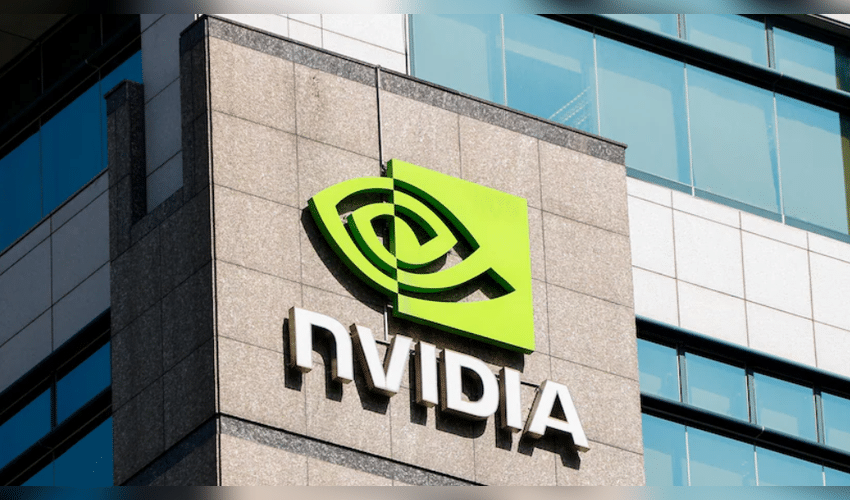Technology
Nvidia approaches a 4 trillion dollar market value, regaining its position as the world's most valuable company.

Two years after becoming the first chipmaker to hit a $1 trillion market cap, Nvidia Corp. is now on the verge of an even more impressive feat—approaching a $4 trillion valuation. Earlier this year, Nvidia’s stock was hit by fears that AI infrastructure spending might slow, especially after the emergence of China’s DeepSeek. But the stock has since rebounded sharply, reaching new highs. Major clients are continuing to pour money into AI, much of it directed toward Nvidia's advanced computing systems. Since hitting a low in April, Nvidia’s shares have surged 67%, pushing its valuation to $3.8 trillion—surpassing Microsoft’s $3.7 trillion and making Nvidia once again the most valuable company in the world. The stock gained another 1.8% on Friday, setting a fresh record.
With demand growing for its AI accelerators and competitors lagging behind, investors are confident Nvidia’s growth isn’t slowing down. Aziz Hamzaogullari of Loomis, Sayles & Co. believes Nvidia is uniquely positioned to lead the AI space for at least the next decade. Loop Capital’s Ananda Baruah also shares this optimism, recently increasing Nvidia’s price target to $250, implying a $6 trillion market value. Baruah predicts that global AI-related spending could rise to nearly $2 trillion annually by 2028. He emphasized Nvidia’s near-monopoly in critical technologies, giving it strong pricing and profit margin power.
This bullish outlook is a stark contrast to earlier fears that Nvidia’s growth might be threatened by cheaper AI developments in China. Instead, major U.S. tech firms—like Microsoft, Meta, Amazon, and Alphabet—are set to boost capital expenditures to around $350 billion next fiscal year, up from $310 billion. These companies represent over 40% of Nvidia’s revenue. Still, there are risks. Nvidia depends on Taiwan Semiconductor Manufacturing Co. to produce its chips, making it vulnerable to shifting U.S. trade policies. For instance, President Trump’s 90-day pause on major tariffs is ending on July 9.
There’s also uncertainty about whether Nvidia’s top customers will maintain their current spending levels. Many are investing in their own custom chips to avoid paying Nvidia’s premium prices. Dan Davidowitz of Polen Capital warns that Nvidia’s high valuation relies heavily on sustained growth, and it's unclear how strong future demand will be.
Nvidia currently trades at 32 times its projected earnings for the next year—significantly above the S&P 500’s average of 22 times. But for Hamzaogullari, this premium is justified. He sees AI as a transformative force and believes Nvidia is well-positioned to benefit from the resulting surge in productivity. He acknowledges there may be occasional disruptions in spending, but views this as part of a broader, long-term shift—one in which Nvidia remains a dominant force. “Given that backdrop,” he says, “the stock still looks attractive.”



